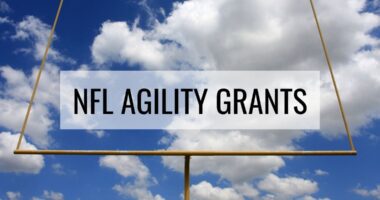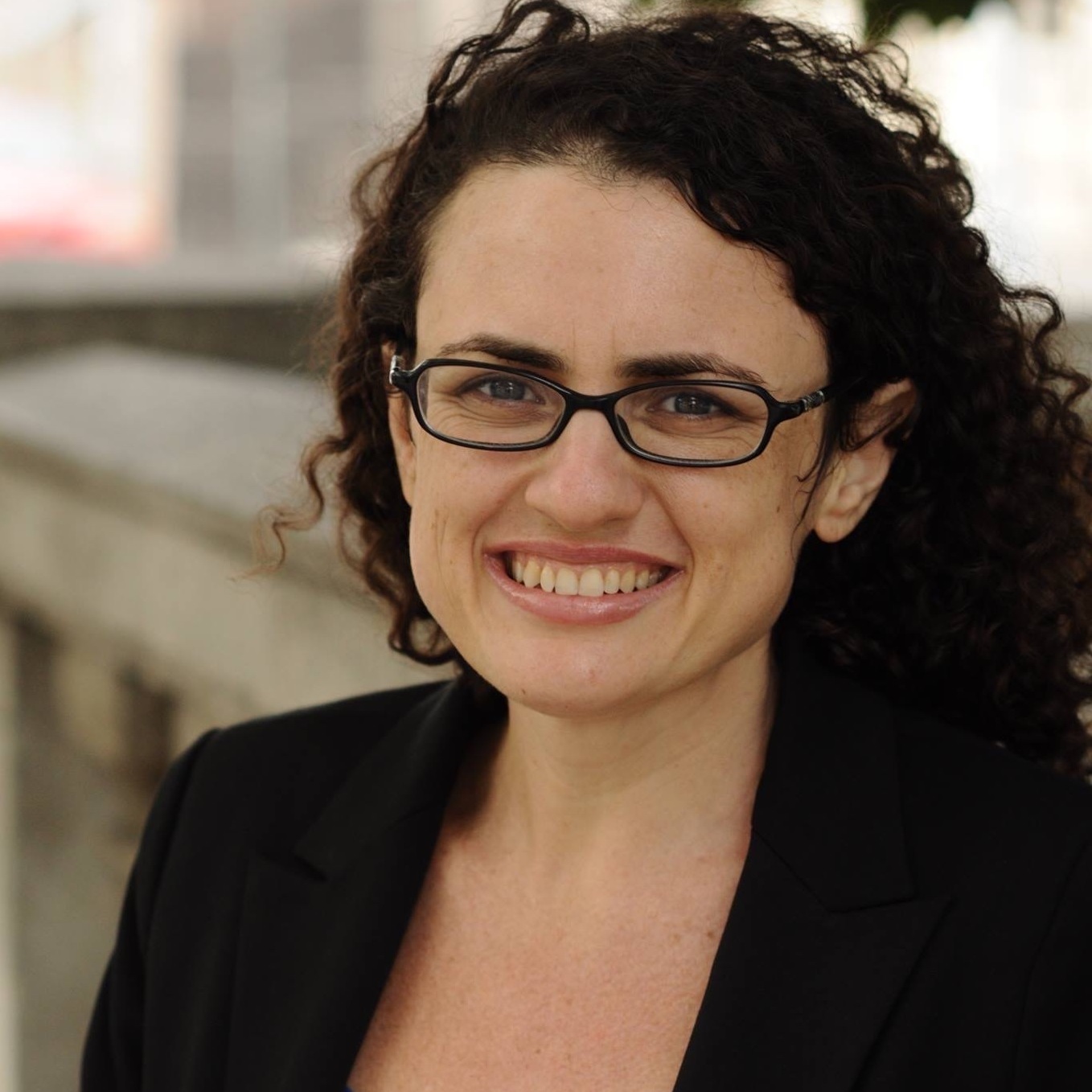NFL Helps Sponsor $1 Million For Youth Gambling Interventions

The NFL is the major donor of $1 million in Agility Grants for youth gambling interventions given out by the National Council on Problem Gambling (NCPG) over the next three years. The fall round, which was announced on October 26th, awarded $120,000 in grants to three groups increasing awareness among adolescents and teaching curriculum to middle schoolers.
Fall Agility Grant recipients
The three grant recipients are Freedom House of Mecklenburg, Ohio in Arabic, and Volunteers of America Oregon (VOA Oregon). Freedom House of Mecklenburg will incorporate gambling prevention lessons in the curriculum for 20,000 7th graders in 49 North Carolina middle schools.
The other two grants are focused o
n targeting high-risk populations. Ohio in Arabic, an Arabic newspaper in Ohio, is creating a bilingual social media, print, and digital campaign about problem gambling in English and Arabic for adolescents who wouldn’t understand campaigns not in their native language. VOA Oregon, a social justice nonprofit in Oregon, will be directing a peer-driven problem gambling awareness campaign to high school and college-aged athletes.
Stop problem gambling before it begins
The grants are the first-ever national grants for youth problem gambling initiatives and are awarded in partnership with the NCPG. Their mission is to catch problem gambling early or prevent it altogether.
“We’ve spent many hours finding where the gaps are,” says Anna Isaacson, Senior Vice President of Social Responsibility for the National Football League. “We’re getting things moving by focusing on youth in high-risk communities where we can stop problems before they happen.”
The potential for problem gambling is widespread among adolescents. According to the NCPG, 3 in 5 high schoolers gambled with money in the last year. At least, 1 in 10 adolescents are at risk for developing problem gambling, and 1 in 20 may already have a gambling problem.
Teaching kids on a middle school level is vital since the highest occurrence of problem gambling behavior is among high-school-aged youth. Middle schoolers receive social media messages from illegal offshore gambling operators that don’t verify age requirements. Additionally, they see other advertisements that only show people winning at gambling.
Young people don’t know that they aren’t guaranteed to win, says Isaacson. “In our work with NCPG, we count on them to be acutely aware of the issues with social media and unrealistic gambling expectations. We have to surface the innovations that both educate youth and parents.”
High-risk communities for problem gambling
Education needs to be in the languages of each high-risk community and cater to different areas of the country where the government may not have the budget to provide gambling intervention programs. As such, Ohio in Arabic was awarded grant money for a bilingual campaign. Future grants may fund programs geared towards awareness campaigns for other cultures.
As far as parents, Isaacson has two young children. She’s always looking for guidance and awareness of the situations her children can get into from experts. Then, she can have conversations with her kids, too.
“Parents have to be active partners and need different messaging and education. They have to know both what questions to ask their kids and where to look for the advertising and messaging their kids are receiving. ” says Isaacson. “We want to fund interventions with messaging for both.”
Apply for a future Agility Grant
For future Agility Grant applicants, focus on a program where impact is created by awareness and prevention innovation. This can include print or digital materials or educational courses with a specific population in mind. Innovation covers the development, research and deployment of programs to reach at-risk populations. An organization may want to create a social media and digital campaign for adolescents speaking a different language, as Arabic in Ohio has done. Interested organizations may also want to create a problem gambling intervention for young people at teen centers.
To keep the grant equitable, NCPG offers free one-on-one sessions to learn more about the grant. Now is the time for organizations to reach out and start preparing applications. The spring 2023 application round will open in mid-January.
“The earlier we catch the potential for problem gambling in youth, the less likely it is to develop into a problem at all,” says Isaacson.








